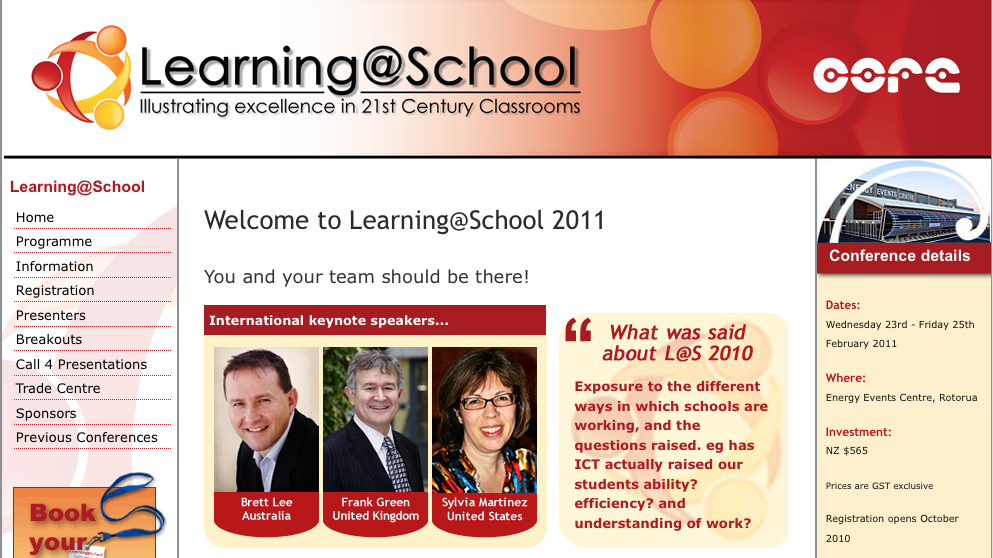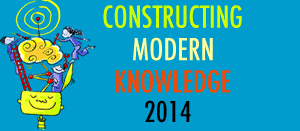Next weekend in Philadelphia will be the fourth annual Educon conference. I’m happy to say I’ve been to all of them so far, and it’s grown into one of my favorites of the year.
There are several things I love about Educon:
- It’s small. Capped at 500 people, it’s intimate enough that you get a “sense” of what people are thinking and the shifts occurring in real time.
- Authenticity gives it voice and shape. Held at the Science Leadership Academy, a public magnet school with a progressive philosophy in the center of Philadelphia, the vibrancy of the school (both from teachers and students) shines through the event.
- It’s not a trade show. So many educational conferences, even the ones with academic roots, have morphed into what Gary Stager calls “boat shows.” The focus on sales creates a different kind of atmosphere. Educon is about educators thinking out loud together without the carnival barkers.
- Conversations, not sessions. At most conferences, people always wonder why discussions of new ways to teach and learn are held in old style lecture halls, and the interesting conversations are the ones in the hall. Educon has tried to bring those conversations to the forefront.
- It’s centered in practice. Being in a school is not just about the building. The teachers and students are full participants in the conference and model collaboration, non-coercive learning and empowerment throughout. You can tell it’s what they do on a regular basis and it raises the bar for everyone.
I’m leading a conversation this year about gaming in education, “If Games are the Answer, What’s the Question?” Games in education are a hot topic these days, with all the usual mix of reality and hype that goes along with that. I definitely have strong opinions (which I’ll share) - but not the whole time. I hope to have a lively discussion where we’ll look at some games and talk about what makes them “good” for learning or not. Ultimately, perhaps we can come to some conclusions about what to look for in games for different subjects and classrooms.
I’d appreciate any input here or on the Educon page for this session about any particular games that people are curious about and want to discuss. I’ll try to have some screen shots prepared since there really won’t be time to download and play a lot of games AND have a discussion.
If you are coming to this session in person or via the live web streaming, please come with a downloaded game to share, or post suggestions here.
Sylvia
Previous posts about Educon

 ** New this year: Parents can register their kids directly **
** New this year: Parents can register their kids directly ** A back to school thought… when you are planning for technology, do you know what your stakeholders think, want, and need? It’s difficult to reach out to everyone, to include the parents who don’t come to meetings, students, and administrators who might not want to speak up.
A back to school thought… when you are planning for technology, do you know what your stakeholders think, want, and need? It’s difficult to reach out to everyone, to include the parents who don’t come to meetings, students, and administrators who might not want to speak up.